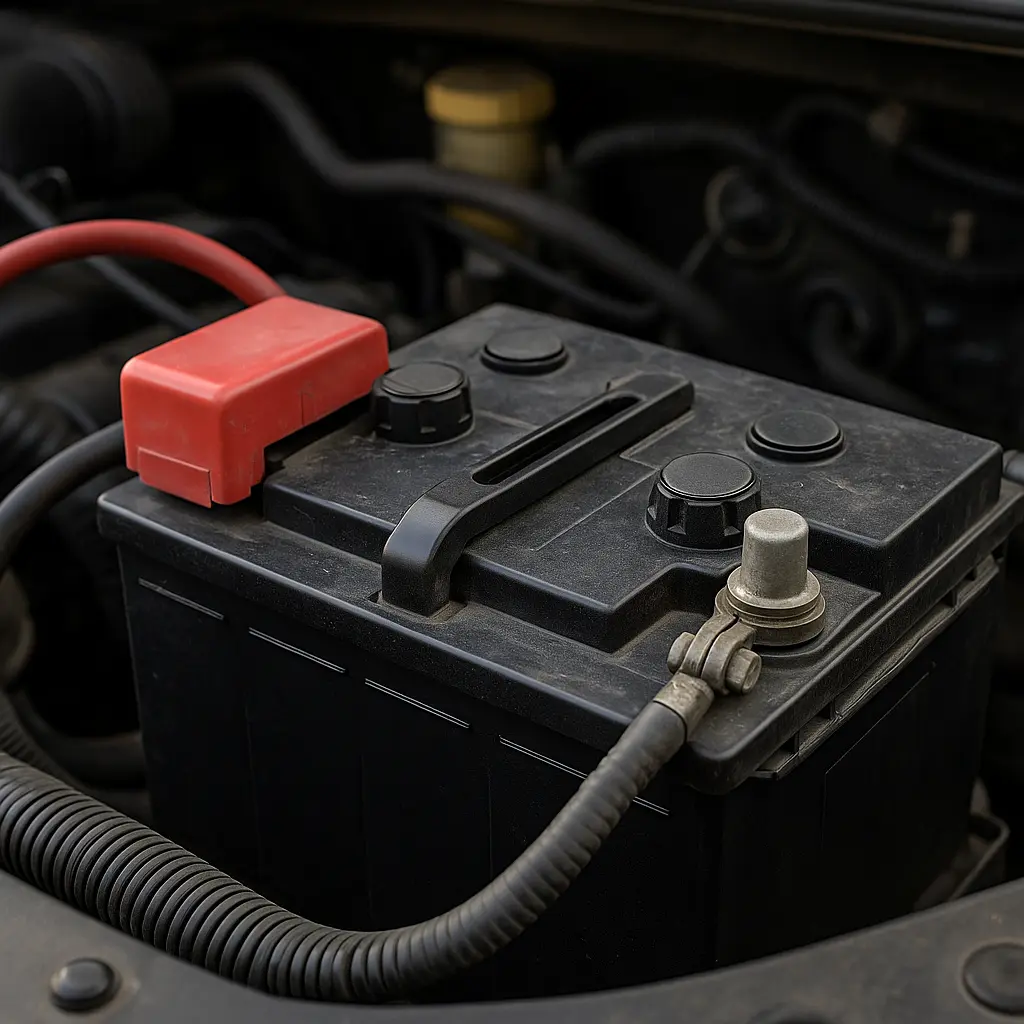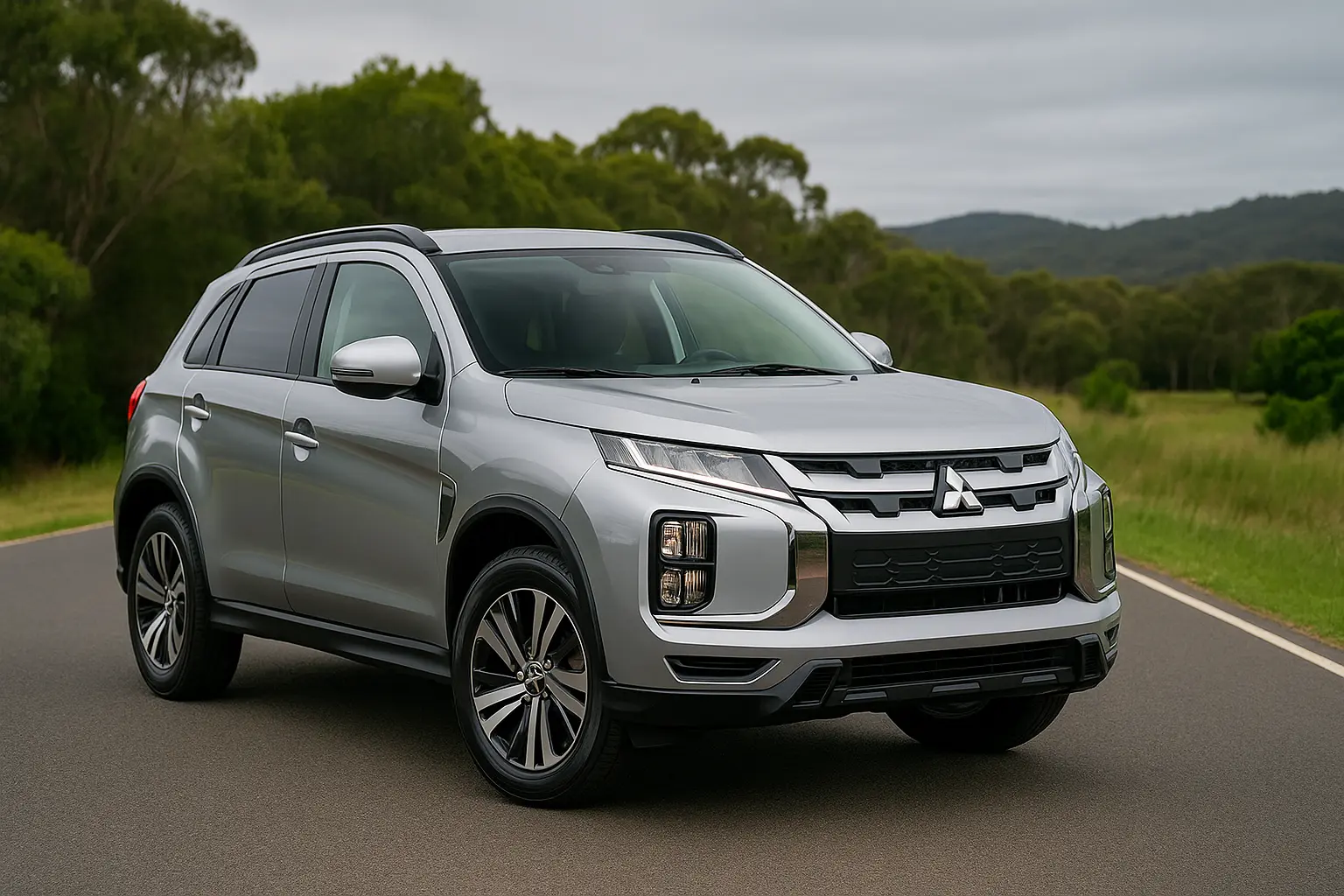Car batteries are the silent workhorses of every vehicle on Australian roads. Whether you drive a compact hatchback, a powerful 4x4 ute, or the latest electric vehicle, your battery ensures reliable starts, powers essential electronics, and keeps safety systems like ABS and airbags functional. Yet, despite being one of the most critical car components, batteries are often overlooked—until they fail.
In this guide, we’ll walk you through everything you need to know about car batteries in Australia: when and why they need replacing, how to extend their lifespan through proper maintenance, common mistakes to avoid, and which brands stand out as the best in 2025. By the end, you’ll be confident in choosing, caring for, and replacing your car battery, saving both time and money.

Understanding the Role of a Car Battery
A car battery is much more than a box under the bonnet. It’s the powerhouse that:
- Provides the initial burst of energy needed to start your engine.
- Supplies electricity to onboard systems like headlights, infotainment, and air conditioning.
- Acts as a stabiliser for the car’s electrical system, preventing voltage spikes.
- Supports modern driver-assist features like lane-keeping, adaptive cruise control, and parking sensors.
In petrol and diesel cars, the 12-volt battery is the standard. For hybrid and electric vehicles, high-capacity lithium-ion packs dominate, though most EVs still include a 12-volt battery for secondary systems.
Signs Your Car Battery Needs Replacing
Many drivers only think about their battery once their car won’t start—but several early warning signs can help you avoid a breakdown:
- Slow Engine Crank: If your car struggles to start, the battery may be losing charge.
- Dimming Headlights: Flickering or weak headlights often signal a weakening battery.
- Dashboard Warning Light: Most cars have a battery icon that illuminates when issues are detected.
- Swollen Battery Case: Heat can cause the casing to bulge, reducing performance.
- Corroded Terminals: White or blue powder around battery terminals indicates corrosion and poor connection.
- Age: Most batteries last 3–5 years in Australian conditions. Beyond that, reliability drops.
How Long Do Car Batteries Last in Australia?
Climate plays a big role. Australia’s hot summers shorten battery life because heat speeds up chemical reactions inside the battery, leading to quicker degradation. On average:
- Petrol/Diesel Cars: 3–4 years
- Hybrid Cars (auxiliary battery): 4–5 years
- EV Lithium-Ion Packs: 8–10 years (but check with manufacturer warranties)
Frequent short trips, leaving lights on, or extended periods of non-use also reduce lifespan.
Car Battery Maintenance Tips
Proper maintenance can extend your battery’s life and save you from untimely replacements. Here are essential tips:
- Regular Inspections: Check terminals for corrosion and ensure cables are tightly connected.
- Keep It Charged: If you don’t drive often, invest in a trickle charger.
- Limit Short Trips: Longer drives allow the alternator to fully recharge the battery.
- Turn Off Accessories: Always switch off lights, radio, and AC before shutting down.
- Keep It Clean: Dirt and grease can drain charge—wipe the case occasionally.
- Avoid Extreme Heat Exposure: Park in the shade where possible.
DIY vs Professional Battery Replacement
Replacing a car battery can be a DIY job if you’re comfortable with tools and basic car maintenance. However, modern vehicles with advanced electronics often require professional installation to reset ECU systems and avoid damage.
DIY Replacement:
- Cost-effective
- Quick if you know how
- Suitable for older vehicles
Professional Replacement:
- Ensures compatibility with onboard electronics
- Often comes with warranty
- Peace of mind with testing and disposal of old battery
Choosing the Right Car Battery in Australia
When shopping for a new battery, consider:
- Size & Fit: Match the battery group size recommended in your owner’s manual.
- Cold Cranking Amps (CCA): Higher CCA ensures reliable starts in winter.
- Reserve Capacity (RC): Longer reserve capacity helps when accessories are used while the engine is off.
- Maintenance Type: Maintenance-free (sealed) batteries require less effort compared to traditional lead-acid types.
- Warranty: Look for brands offering 24–36 month warranties in Australia.
Best Car Battery Brands in Australia (2025)
Several brands dominate the Australian market with proven reliability:
- Century Batteries: An Australian favourite, designed for local conditions.
- Supercharge Batteries: Known for durability and strong warranties.
- Bosch: Global reputation for premium automotive parts.
- Exide: Affordable and widely available with good performance.
- Optima: Premium AGM batteries, excellent for off-road and high-performance cars.
- Varta: Popular in European cars, offering consistent quality.
Car Batteries for Different Vehicle Types
- Hatchbacks & Sedans: Focus on affordable, reliable 12-volt lead-acid or AGM batteries.
- SUVs & 4x4s: Require higher CCA and durability for long trips and off-road conditions.
- Luxury Cars: AGM or EFB batteries designed for high-tech electrical systems.
- Electric Vehicles: Large lithium-ion packs paired with standard 12-volt units for accessories.
- Tradie Utes & Vans: Heavy-duty batteries designed for power-hungry tools and accessories.
Common Battery Problems and Solutions
- Flat Battery: Use jumper cables or a portable jump starter.
- Frequent Discharge: Check alternator health—it might not be recharging properly.
- Corroded Terminals: Clean with baking soda and water solution.
- Parasitic Drain: Faulty electronics or lights left on can drain batteries overnight.
Car Battery Costs in Australia
The price of a new car battery varies depending on size, brand, and technology:
- Standard Lead-Acid Battery: $100–$200
- AGM/EFB Battery (stop-start systems): $250–$500
- High-Performance/4x4 Batteries: $300–$600
- EV Replacement Packs: $7,000–$15,000 (though often covered under warranty)
Factor in installation charges (around $50–$100) if done professionally.
Recycling and Disposal of Old Batteries
Car batteries contain toxic chemicals like lead and acid, making safe disposal essential. Most retailers and service centres in Australia offer free recycling. Recycling helps recover valuable materials and reduces environmental impact.
Tips for Maximising Battery Life in Australian Conditions
- Drive at least 30 minutes weekly to keep batteries charged.
- Use a smart charger if your vehicle sits unused.
- Avoid aftermarket accessories that overload the electrical system.
- Invest in a battery monitor app or device for real-time health updates.
Future of Car Batteries
As Australia moves towards electrification, battery technology is evolving:
- Lithium-Ion Advancements: Longer lifespans and faster charging.
- Solid-State Batteries: Expected to deliver higher energy density and safety.
- Recycling Innovations: Sustainable methods to reuse lithium and reduce reliance on mining.
- Smart Batteries: Integrated sensors providing health updates via smartphone apps.
Conclusion
Your car battery is the heartbeat of your vehicle. By understanding when to replace it, how to maintain it, and which brands suit Australian conditions best, you can avoid unexpected breakdowns and costly repairs. Whether you’re driving through Sydney traffic, tackling Melbourne winters, or exploring the Outback, a reliable battery ensures peace of mind every kilometre of the way.
Regular checks, timely replacements, and smart maintenance practices will not only extend your battery’s life but also keep your car performing at its best.
Leave a comment
Your email address will not be published. Required fields are marked *




















